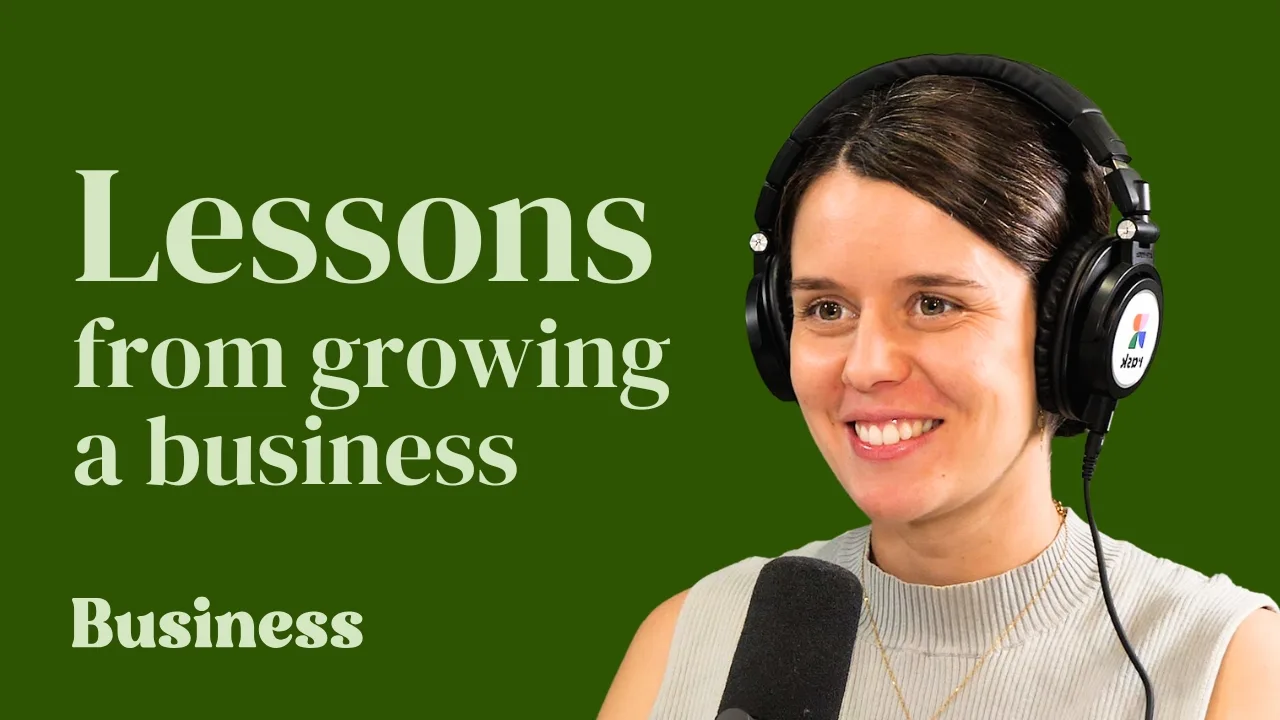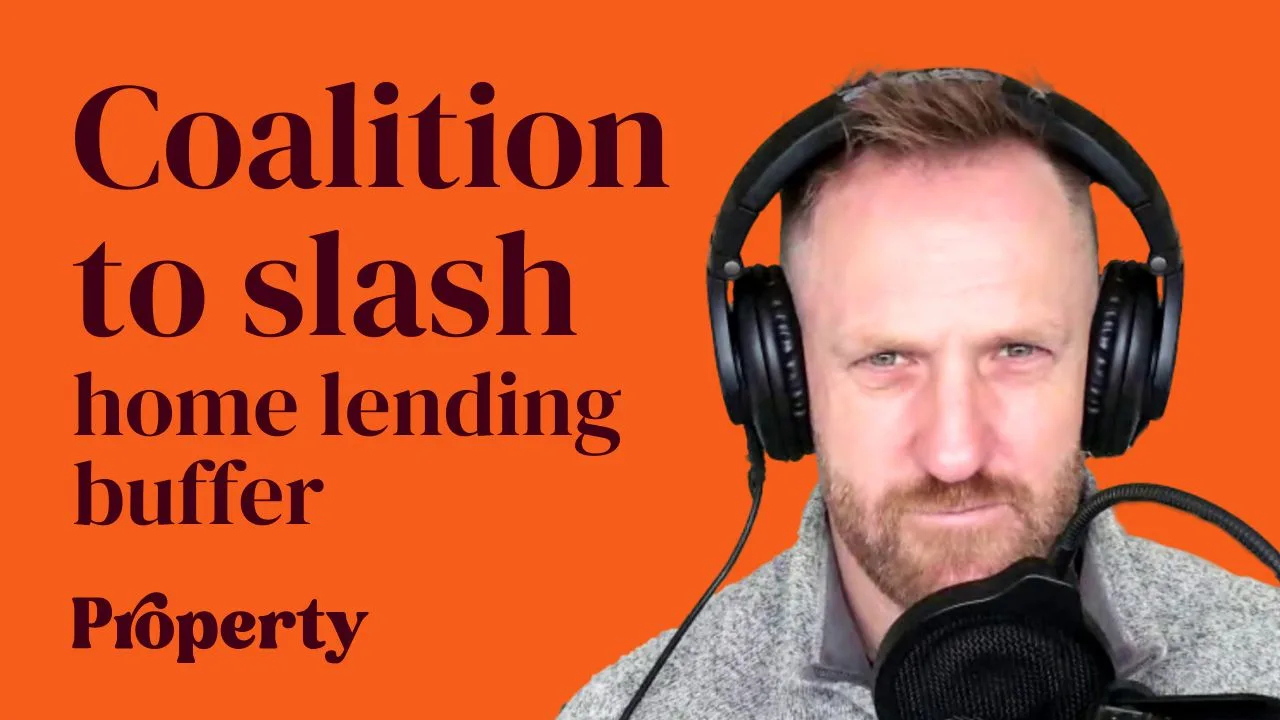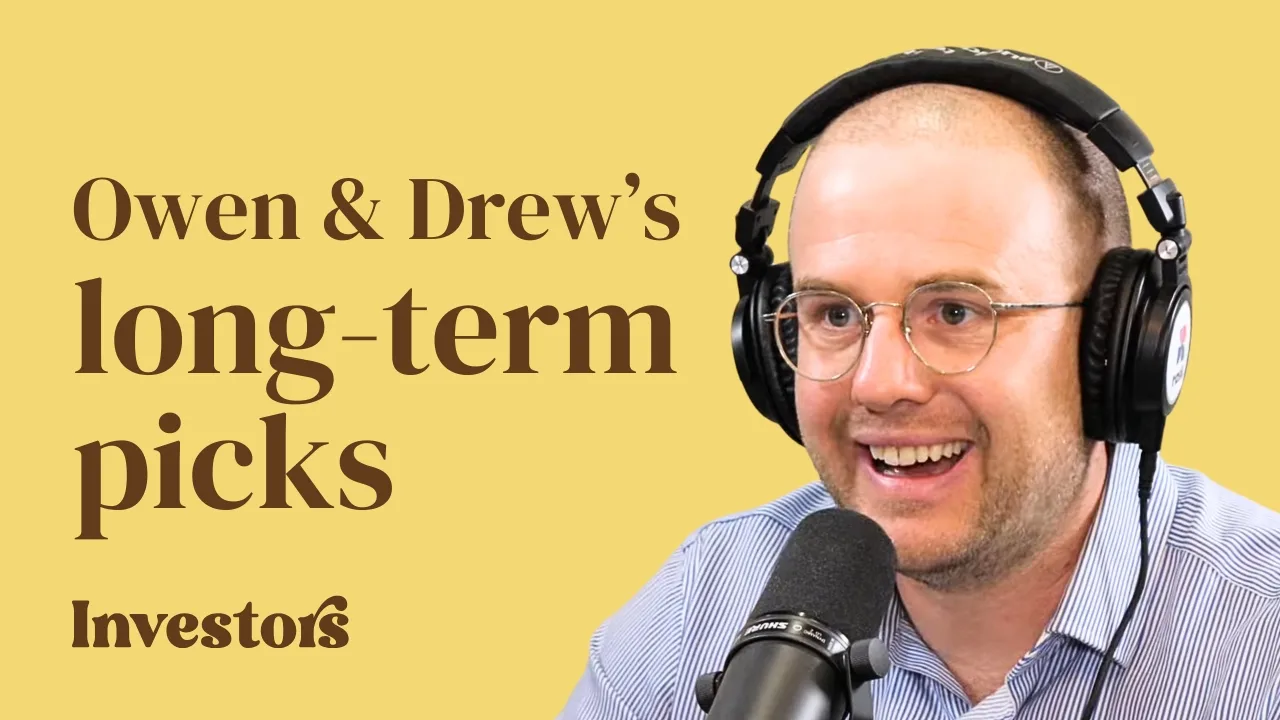Is it, property AND shares? Property OR shares? Or ALL property and NO shares?
Marc Jocum of Global X ETFs Australia joins Owen Rask in this Australian Investors Podcast episode to explain 7 reasons why property investing in Australia could be better than shares and ETFs (Exchange Traded Funds).
7 Reasons to invest in property over shares (Owen’s notes)
Leverage on property – with a property, I can lay down a $100,000 deposit and get another $400,000 in banking funding, for a total exposure of $500,000.
Familiarity – property is more familiar to most of us. Instead of saying ‘safe as houses’ many Australians believe ‘shares are like gambling’. I heard that same thing over the weekend. I think this level of comfort and familiarity would ultimately lead to better behavioural outcomes.
Tax benefits – broadly speaking, there is no capital gains tax (CGT) on the primary home in Australia (subject to certain rules). This forces people to mix and fuse the ideas of ‘lifestyle’ asset and ‘investment’, which can lead to confusing. But ultimately, so long as you’re okay uprooting the family, it can be a strategic move for people. Thoughts?
Supply and demand – shares are fungible. ETFs are fungible. One share of BHP is the same as the next. Your unit in FANG+ ETF is the same as mine. Properties are unique and therefore, can become “scarce assets” that grow faster (e.g. good street) / have optionality (e.g. renos, development) faster than other assets. This can be seen in property reports that compare apartments and townhouses (not as scarce) against houses (faster growth, more land value). In Australia, we are dramatically undersupplied with properties.
Inflation hedge – is property a hedge against inflation? Inflation has pushed up prices of everyday items like crazy in the past 5 years. Blocks of cheese. Car parts, etc. But prices of steel and timber have made new builds more expensive. So older places are inherently worth more. In particular, renters are typically seen as price takers – if a landlord faces higher interest rates as a result of higher inflation, the rent goes up. Likewise, in commercial property and offices, there are inflation mechanisms built into the pricing – pushing up rental income.
Optionality – You can build on a property, renovate, live in it, chuck a granny flat on the back, add value in different ways, etc. This could all be put under this umbrella idea of ‘optionality’. The option to do something with a property because it’s a tangible asset.
Government support – is it just me but does it always seem like Australian property prices are a government sponsored ponzi scheme? They take money from someone (usually a bank + homeowner) and use it to create wealth on paper, which can then be used to repay other investors exiting the property market in retirement? Does that seem like a ponzi scheme or what? But seriously, the government has always had a lot of tax support for both shares and property because its number-one goal is to make Australians accountable for their own retirement. Otherwise, we could end up like the US city of Detroit which had huge pension problems, or like Greece following the GFC. Put another way, the Government can’t afford to pay everyone a great income in retirement. So there are rules that seem ‘unfair’ but are designed to keep the country, as a whole, moving forward. Things like negative gearing, investor activity, franking credits, tax concessions, etc. are important to attract people. While other things like stamp duty, capital gains, retirement rules, land tax and income taxes help cover some of the costs. On balance, do property investors win?
But wait, there’s more to this debate…
This Property Versus Shares episode is part 3/3 and follows a super-popular episode.






